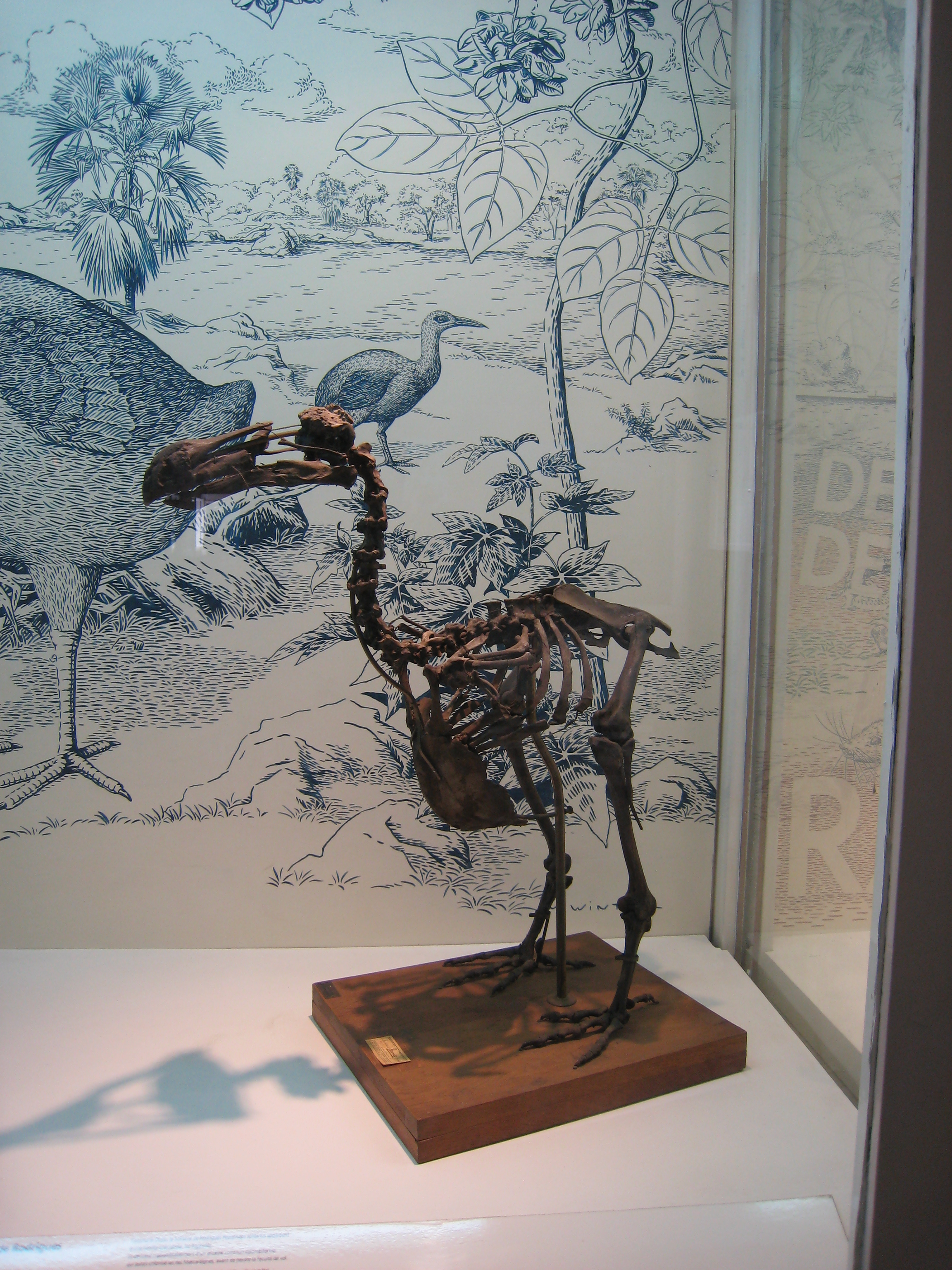The use of capital letters is another distinguishing visual feature of poetry. Prose writers must capitalize the first word of every sentence. They also must capitalize proper names, such as John James Audubon, and movie titles, such as The Birdman of Alcatraz. However, poets are free to capitalize whenever they want.
Some poets follow the tradition of capitalizing the first letter of each line regardless of whether or not it starts a new sentence. If writers were paid by the number of capital letters, this group of poets would be wealthy. Hilaire Belloc, in his poem "The Dodo," used this "capital" form of verse to emphasize something irreversible. Often poets use this form to draw attention to the first word in the line, but in Belloc's poem, the first words are unimportant articles like the and conjunctions like and. For good measure, though, he also capitalized Dodo and Museum, two common nouns that are the most important words in the poem. Belloc’s capitalization of those two words brings them to the reader’s attention and helps us understand the poem’s message: The Dodo is now extinct, never to return, and nowhere to be found except in the Museum.

“The Dodo”
The Dodo used to walk around,
And take the sun and air.
The sun yet warms his native ground—
The Dodo is not there!
The voice which used to squawk and squeak
Is now forever dumb—
Yet may you see his bones and beak
All in the Mu-se-um.
Many contemporary poets have abandoned the traditional form of capitalizing the first word of every line, shifting their focus more to meaning than to form. Some capitalize the first words of sentences as in prose. In "Caged Bird," Maya Angelou uses capitalization as if she were writing a story. Note that the first stanza is a single sentence.
A free bird leaps
on the back of the wind
and floats downstream
till the current ends
and dips his wing
in the orange sun rays
and dares to claim the sky.
Then there's another group of contemporary poets who disregard many of the conventions of written English altogether. The poet e.e. cummings, who doesn’t even capitalize his name, is the most well-known of that group. Consider his typical poem, in which he omits the title, capital letters, and punctuation marks.
may my heart always be open to little
birds who are the secrets of living
whatever they sing is better than to know
and if men should not hear them men are old
The first two lines constitute a sentence; in prose the first word, may, would be capitalized, and a period would follow the last word, living. The next two lines also constitute a sentence. With no commas, the reader has to insert pauses after know and them to fully grasp the meaning of these lines. Try reading the poem aloud with the suggested punctuation.
For each of the following five questions about Shel Silverstein’s poem “Weird-Bird,” type your answer in the white space and then click “Check” to see if you are correct. To advance to another question, click the next circle at the bottom of the box. Pay close attention to how Silverstein uses capital letters.
Images used in this section:
Source: Matthieu Sontag, Wikimedia Commons
